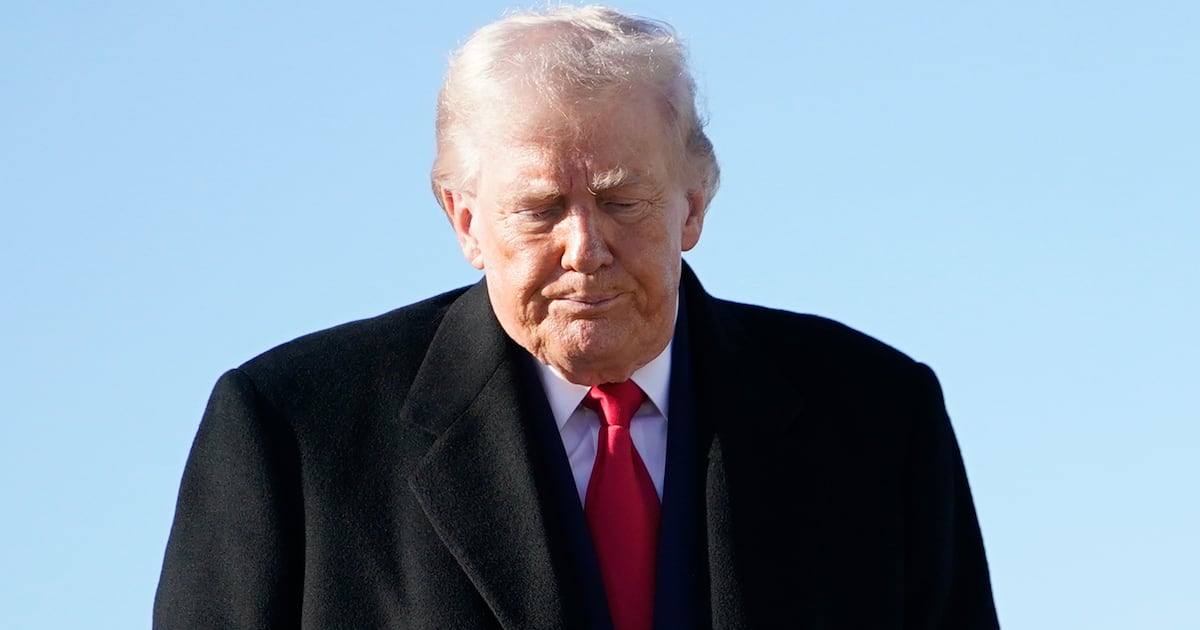
This is Part 2 in a series of posts discussing the remarks Mitt Romney made about the Palestinians while in Jerusalem. Click here to read Part 1.
So why do some groups and nations advance, while others lag?
The answers cluster into four big theories—and one big dissent.
The first cluster emphasizes institutions (private property, rule of law, freedom of contract) and policies (free trade, moderate taxation).
Get the institutions and policies right, and development follows.
This answer has always appealed most strongly to reform-minded people, right and left, because it offers a promise that the opportunity to develop is within our hands, provided we (or at least tough-minded leaders acting on our behalf) make the correct decisions.
This answer has the support too of some stunning real-world demonstrations: The contrasting paths of West and East Germany and also of South and North Korea. Start with a single country defined by a shared language and common history, bisect it at an arbitrary line, institute markets on one side of the line and central planning on the other and—hey presto, one side gets rich, the other remains poor.
But there has always been a problem with the institutional/policy answer cluster:
There have, over the past 200 years, been too embarrassingly many examples of countries that sincerely tried to adopt the right institutions and policies yet still failed to find a self-sustaining development path (e.g. Argentina at many points since independence). Even worse for the theory, there are many examples of countries that scorned the right institutions and policies, but developed anyway (e.g. China since 1980).
Another problem: it's not as if the benefits of correct institutions/policies have not been evident for a long, long time. Yet some societies persist in wrong choices anyway. Here is the basis for what (I believe) Gov. Romney was trying to say about the Palestinians. Had they chosen the path of peace and accommodation with Israel in the 1930s and 1940s, they would today likely rank as the wealthiest population in the non-oil Middle East. They chose war, lost, chose war again, and lost again. Their leaders continue to opt for violence despite the evident failure of violence; they continue to reject accommodation despite the obvious benefits of accommodation. Result: misery.
Why do these things happen?
That question leads to the second answer cluster, which emphasizes "culture."
—More to Come—






